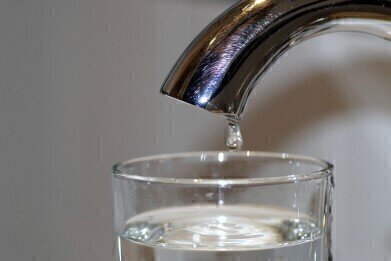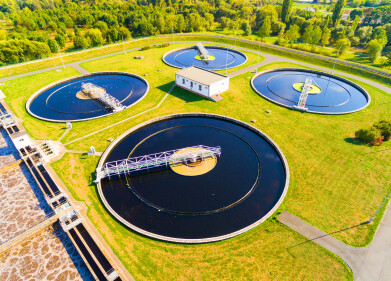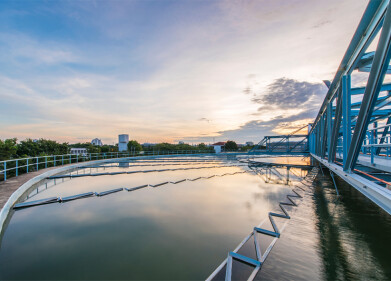Water/Wastewater
What's the Difference Between Tap Water and Bottled Water?
Oct 13 2022
In the UK, we are blessed with having some of the finest quality tap water in the world. Nonetheless, the popularity of bottled water has risen in recent years. In fact, 2017 saw the first time that sales of bottled water eclipsed cola for the first time, as health-conscious consumers turned to H2O, contributing to an industry that is worth more than £2.4 billion each year.
But if British tap water is among the cleanest in the world, while did these people turn to its bottled equivalent? Is the latter really of a higher quality than the former, as its advertising campaigns would have you believe? Is it even safe to drink bottled water? We’ll examine all these questions and more, including the difference between tap water and bottled water in the UK, in the article below.
Rigorous testing for tap water
The quality of British tap water is overseen by the Drinking Water Inspectorate (DWI). After being filtered many times and treated with antibacterial chemicals such as chlorine and fluoride, the water is subjected to rigorous testing on a near continual basis. This means that the water which comes out of our taps is consistently of a very high standard.
Indeed, research conducted in 2014 showed that English water samples passed muster 99.96% of the time, while Scottish samples were even higher at 99.98%. And with new technological advances (such as digital measurement in water treatment) making our processes and protocols even more effective, the quality of UK tap water can not be doubted going forwards.
Marketing myths?
Even so, a recent survey by Tapp Water found that 15% of Britons buy bottled water, with 39% of those doing so because they believed it was healthier than drawing directly from their taps. The bottled water industry has certainly built its success upon such perceptions, with images of purity and nature at the forefront of their marketing campaigns.
However, the truth is that while tap water is subjected to constant testing measures, bottled water companies are only obliged to perform monthly tests, the results of which are not always disclosed to the public. What’s more, bottled water producers do not add disinfectants such as chlorine to their products. That’s fine if the water was clean upon entry and remains sealed, but bacteria can quickly develop if exposed to external sources of contamination.
Plastic pollution
What’s more, bottled water also has the added disadvantage of its container. Over time, plastic can leach into the water in the shape of microplastics, which can infiltrate the bloodstream and potentially cause long-term health repercussions. Meanwhile, the chemicals contained within plastic – such as bisphenol A (BPA) and phthalates – are even more concerning.
Both are known to be endocrine disruptors, which means they can interfere with the body’s reproductive systems and cause complications for pregnant mothers and unborn children. They’re also suspected of being carcinogenic, which means they could contribute to the contraction of cancer. More research is still required to confirm such links. But for now, drinking from the tap – at least in the UK – is a safer, cheaper and more environmentally friendly bet than buying bottled water from the supermarket.
Digital Edition
IET 34.2 March 2024
April 2024
Gas Detection - Biogas batch fermentation system for laboratory use with automatic gas analysis in real time Water/Wastewater - Upcycling sensors for sustainable nature management - Prist...
View all digital editions
Events
Apr 24 2024 Jakarta, Indonesia
Apr 24 2024 Sao Paulo, Brasil
Apr 30 2024 Melbourne, Australia
Apr 30 2024 Birmingham, UK
May 03 2024 Seoul, South Korea


















